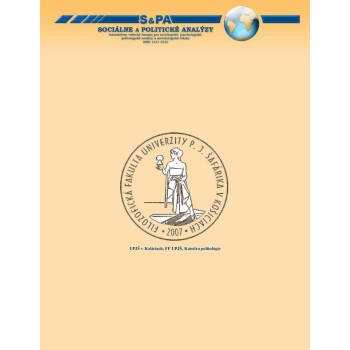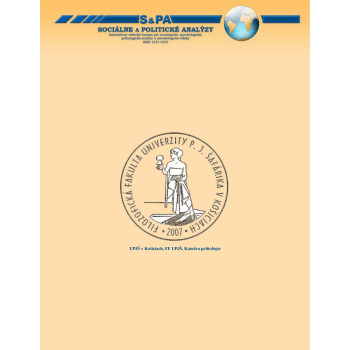
Možnosti sociálnej práce v školskom prostredí v...
E-book
Veronika Vasiľová - Soňa Lovašová
The formation of social work as a scientific discipline is not a completed process because of with changes in society also change social problems that need to be identified and analyzed with the intention to develop methodological solutions aimed at preventing and interventing these social problems.For this reason, the field of social work as such is constantly expanding, as its dynamic nature makes it possible to respond to emerging social problems and react to the needs of society.
Social work in the school environment is a functioning science field abroad.In the conditions of the Slovak Republic, this area of social work is still missing.Therefore, the monograph deals with the possibilities of social work in the school environment in Slovakia.
The monograph is primarily intended for the professionals working in the field of social work and in the third sector with children and youth.


















